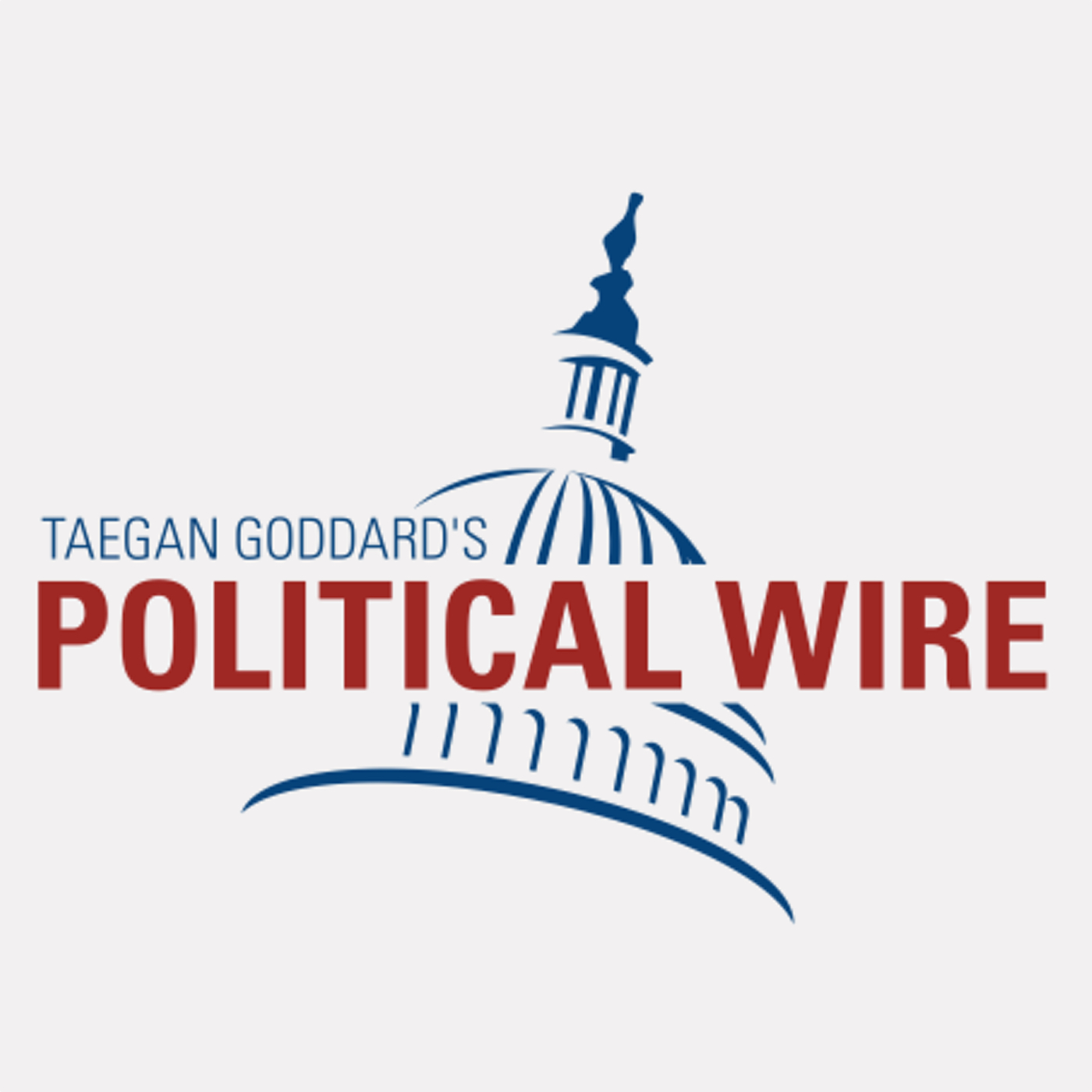Feb 20 2018 31 mins 2
About 13 years ago, I climbed on the bandwagon and, like lots of other folks, read several books to better understand our history in Afghanistan and Iraq and with Al Quaeda — how we got into the mess and, maybe how we’d get out.
You may recall – it was a bit of a golden age of reporting and writing. Among them: “The Looming Tower” by Lawrence Wright; “Fiasco,” by Thomas Ricks; “Imperial Life In The Emerald City,” by Rajiv Chandrasekaran; “The Places in Between,” Rory Stewart’s crazy story of walking across Afghanistan, as well as his follow-up "The Prince of Marshes." But the first one I read has long stayed with me, and set the context for the all the others to come: That was the Pulitzer prizewinning “Ghost Wars: The Secret History of the CIA, Afghanistan, and Bin Laden, from the Soviet Invasion to September 10, 2001” by Steve Coll.
“Ghost Wars” outlined the CIA’s secret history in Afghanistan, the Taliban’s rise, the emergence of Osama bin Laden, and the failed efforts by U.S. forces to find and assassinate him in Afghanistan. It ends the day before 9/11.
Now, finally, Steve Coll is back on the beat. His new book is "Directorate S: The C.I.A. and America's Secret Wars in Afghanistan and Pakistan.” It tells the story of America's intelligence, military, and diplomatic efforts to defeat Al Qaeda and the Taliban in Afghanistan and Pakistan since 9/11.
The book is as powerful and relevant and urgent as Ghost Wars was. It mixes details and insights and analysis that, once again makes plain — in painful ways — what happened after those planes hit the World Trade Center.
More about Steve Coll — somehow, writing some of the most important books on our most important foreign policies is not all he does. Coll’s day job is serving as Dean of the Columbia School of Journalism. He is also a staff writer at The New Yorker, author of seven books, and a two-time Pulitzer Prize winner. There’s a lot more, but you get the idea.
That’s also why at the end of our talk, I picked up on my conversation last week with Harvard professors Steve Levitsky & Daniel Ziblatt. They wrote the outstanding “How Democracies Die.” My question for journalism Dean Coll, rather than the author: How does democracy work with people who think facts are alternative facts, that real news is fake news? How does it work with people who believe anything – or nothing at all?
